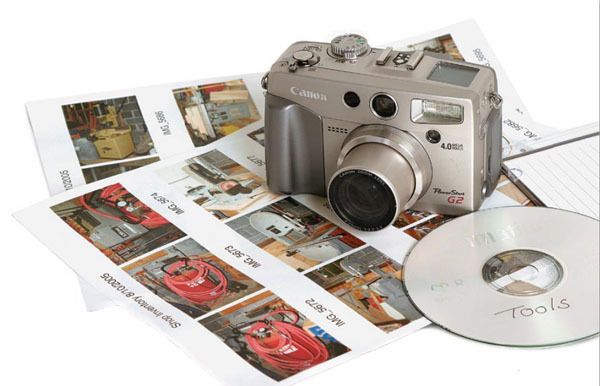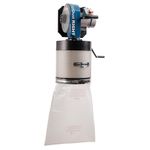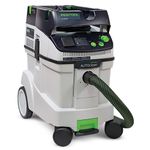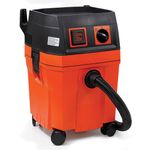Protecting Your Tools Against Theft
A few precautions can bring you peace of mind
Synopsis: Jim Weinman lost all his tools to a robber. In this article he tells others what he has done to deter thieves and explains how to keep a detailed tool inventory and insure your equipment so you can recover its replacement value.
I’m guessing it happened around 2 a.m., when the night was dark and I was sleeping. I’m also guessing they were kids, but maybe they were professional thieves with bad backs, since they didn’t take anything over 50 lb.
But no matter who did it, or why, or when, someone broke into my shop and stole everything they could carry. Six months later I’m still reaching for tools that aren’t there. Handsaws, routers, circular saws, sanders, drills, Dremel tools, drill bits, paddle bits, vises, files, awls, chisels, levels, my lucky hammer, my tape measure, and even my push-in earplugs—all gone. What had taken me 10 years to accumulate was stolen in probably less than 10 minutes. In all likelihood, police told me, my tools wound up on a pawnshop shelf.
Even though the incident is well behind me, I still dream of catching the thief or thieves in the act. But since I slept through the whole thing and my beloved tools are gone forever, there were only two things I could do: make a claim on my homeowner’s insurance and take the necessary precautions so that it wouldn’t happen again.
Insurance is important
Aside from security in your shop, which I will cover shortly, the most important thing you can do to protect your investment in your tools is to keep a detailed inventory and insure them. The second most important thing is to insure your tools at “replacement value.”
Insuring tools at replacement value, sometimes called replacement cost, is a matter of making sure you have enough insurance to cover the cost of replacing your stolen tools with new ones. If you have $5,000 worth of tools and only $2,500 worth of insurance, that’s a problem. To avoid any discrepancy between your level of insurance and the replacement value of your personal belongings, some insurers recommend updating your insurance policy annually.
My shop is located on the same property as my home, and because I am primarily a hobbyist woodworker, I added the shop and its contents to my homeowner’s policy. If your tools are your living, you may have to insure them under a different policy where you can write off your insurance expense against your income.
Although all insurance companies handle customers differently, state governments regulate the insurance industry.
From Fine Woodworking #181
For the full article, download the PDF below:
Fine Woodworking Recommended Products

Rockler Dust Right 650 CFM

Festool Cleantec CT 26 E HEPA Dust Extractor

Fein Turbo II HEPA Wet/Dry Dust Extractor




















Log in or create an account to post a comment.
Sign up Log in